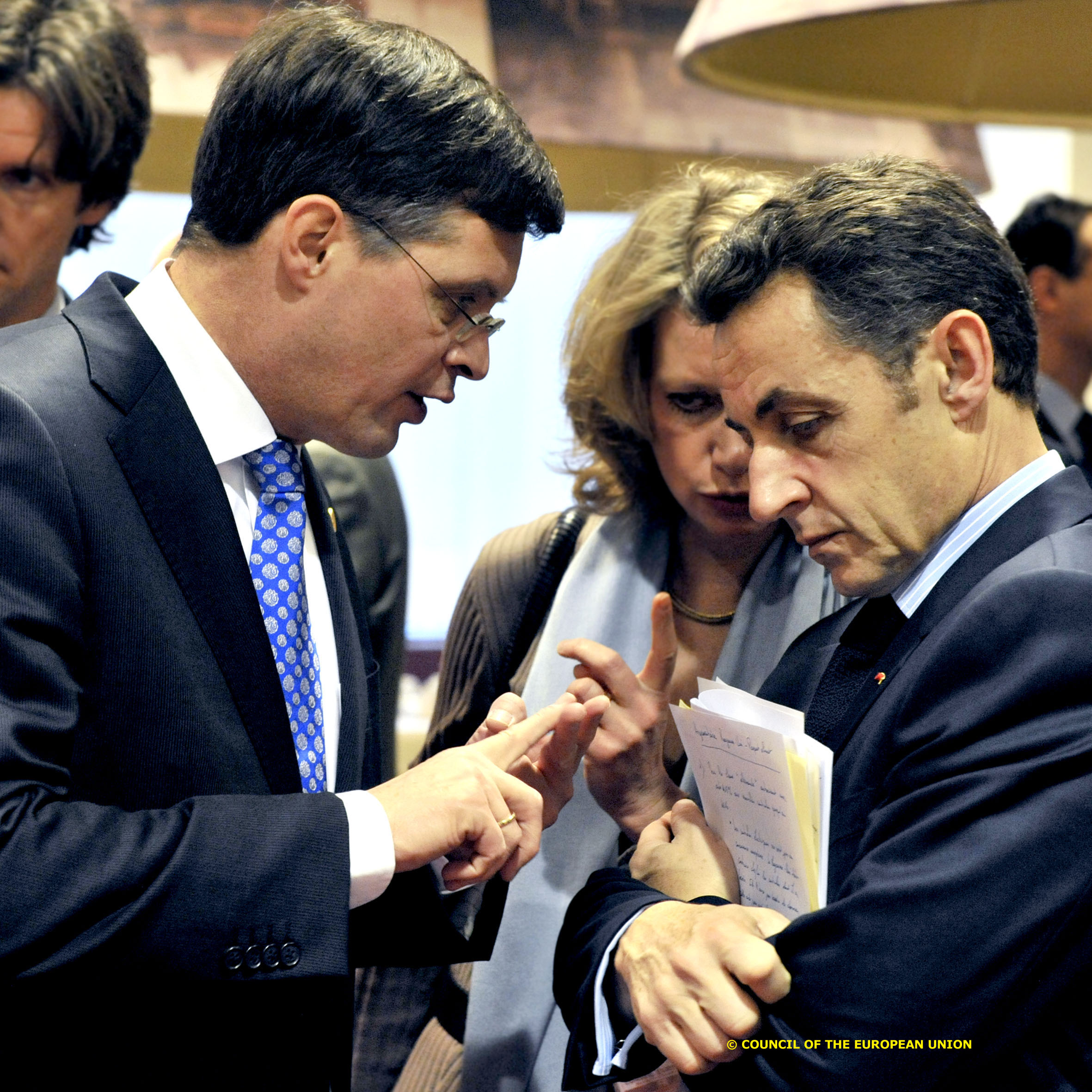Failure of the Swedish Presidency on Althea Bosnia (update)

(BRUSSELS2) The Swedish Presidency failed to get the 27 Foreign Ministers to adopt a draft conclusions on the military operation of the EU in Bosnia and Herzegovina (Eufor Althea).
Double veto
Several countries did not agree with the draft text which amounted to launching a new ESDP operation AltheaII and ending the first one. The British (David Milliband) and Slovak (Miroslav Lajcák) ministers, in particular, spoke. Each for different reasons.
cluttered board
The discussion therefore turned out to be more difficult than expected. And the Swedish presidency had other sticking points on the table including Turkey and the Middle East (with East Jerusalem). So she didn't want to bother with one more problem. Sweden's Carl Bildt, who chaired the meeting, simply announced at the final press conference that " the point was postponed to January ". This slippage in the timetable is not dramatic but does not hide a semi-failure for Swedish diplomacy.
The problem remains
The "baby" therefore passed to the Spanish presidency. Which is not a gift. Spain has, in fact, announced that it wants to withdraw its troops from the operation. In addition to Spain, Bulgaria, Poland and Italy have announced that they will do the same. In all, according to my calculations, between 500 and 900 soldiers could leave Bosnia-Herzegovina in the coming months, that is to say half of the effective.
Why they disagreed
For the United Kingdom - which has only had a symbolic presence in Althea for months (9 soldiers!) - it is above all a question of principle. Operation Althea is, in fact, the last operation to be carried out under the Berlin Plus system (using NATO's command structures, SHAPE). And NATO itself has set up a mission to assist the Bosnian army.
- Lajcák: “We can have troops based in another country. »
For Slovakia, it is about the personal experience of Lajcák who was until January 2009, the High Representative of the UN/EU in Bosnia and Herzegovina. His position is based more on the situation in the Balkans. We were able to talk after the Council. For him, "CIt is a mistake to put a fixed date at the end of the operation, a bad signal sent to Bosnia. » This does not mean that Lajcak is closed to any evolution: “ It could be indicated that the operation should end three months after the end of the mandate of the High Representative, for example ". And it is not necessary “that all the troops be “on the ground”. They could be based in another country, provided that they are ready to react when the time comes and that they remain within the scope of the mandate”, explains Lacjak. « It is even possible to have another non-executive mission, if useful. » Corn : " it is important to keep Althea's mandate intact, an operation with an executive character, with the possibility of resorting to force (article 7 of the United Nations Charter), to show that the EU is fully involved in Bosnia”.
(Nicolas Gros-Verheyde)



Comments closed.